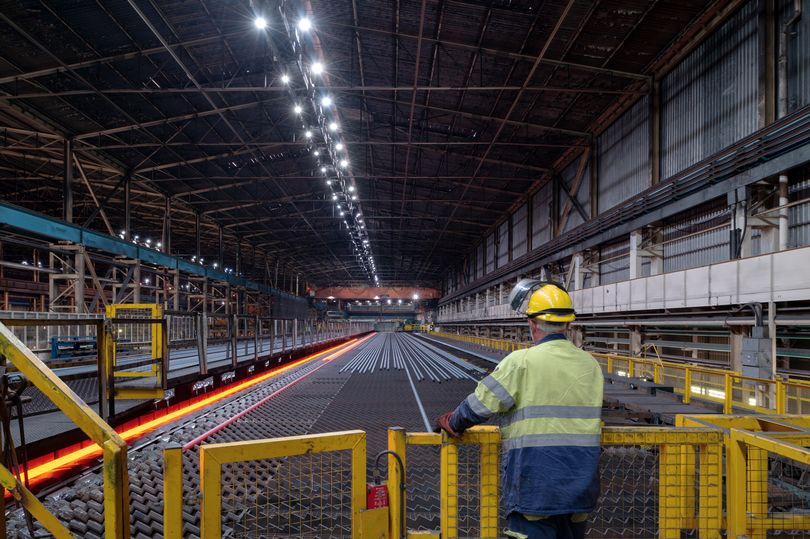Liberty Steel UK will reduce primary steel production and idle downstream processing capacity in response to challenging operating conditions arising from high energy costs and strong competition from importers, it said in a statement released Jan. 12.
“Despite the injection of GBP 200 million in shareholder capital over the last two years, the production of some commodity grade products at Rotherham and downstream mills has become unviable in the short term due to high energy costs and imports from countries without the same environmental standards,” Liberty said.
Under the four-point restructuring plan, primary production at the 1.22 million mt/year Rotherham electric arc steel plant will be curtailed with demand at the company’s rolling and finishing lines at Rotherham, Stocksbridge and Brinsworth to be temporarily met with imported billet and slab.
Once operating conditions improve, the company stated that it intends to progress with the long-term objective of developing the Rotherham plant into a 2 million mt/year low-carbon steel production hub.
In addition, the company will idle production at the Liberty Performance Steels in West Bromwich and at the Liberty Steel Newport rolling mill in Wales with the latter set to be reconfigured into a specialty storage and distribution hub.
Liberty also warned that the restructure plan my impact up to 440 roles across the business.
“Refocusing our operations will set the right platform for Liberty Steel UK’s high-quality manufacturing businesses to adapt quickly to challenging market realities,” said Liberty Steel chief transformation officer Jeffrey Kabel.
“The support of our marquee customers will enable us to produce high value, differentiated products through 2023 and beyond for strategic sectors such as aerospace, defense and energy,” he added.
The announcement from Liberty Steel was followed by a statement from UK Steel in which it called for further government support to mitigate the effect of high electricity prices on domestic steel production.
“High energy prices have played an important role in the decisions announced today, with long-standing uncompetitive electricity prices having constrained UK investment and steel production for some time,” said UK Steel director general Gareth Stace.
“This highlights again the need for government to fully address the UK’s structurally high industrial energy prices, looking beyond the important announcements made regarding the Energy Bills Discount Scheme earlier this week,” he added.
The UK government announced Jan. 9 that energy intensive industries including producers of steel and other metals will receive a higher level of support under an updated Energy Bill Relief Scheme, or EBRS, with maximum discounts of GBP40/MWh for gas and GBP89/MWh for electricity on thresholds of GBP99/MWh for gas and GBP185/MWh for power.
Platts, part of S&P Global Commodity Insights, assessed the weekly UK hot-rolled coil price at GBP620/mt ($755/mt) DDP West Midlands Jan. 5, down 49.4% from the all-time high of GBP1,225/mt on April 22, 2022.
— Euan Sadden






